In today’s rapidly evolving electronics industry, the DC to AC converter module plays a vital role in bridging the gap between direct current (DC) power sources and alternating current (AC) powered devices. Whether in renewable energy systems, industrial automation, or consumer electronics, these modules ensure stable, efficient, and reliable power conversion. By converting DC electricity—typically from batteries, solar panels, or DC power supplies—into AC power, they allow users to operate various electrical devices that depend on alternating current.
Understanding how these modules function, their applications, and how to select the right type is essential for engineers, hobbyists, and professionals alike. Campus Component offers a wide range of advanced DC to AC converter modules designed to meet the diverse needs of modern power electronics.
What is a DC to AC Converter Module?
A DC to AC converter module, often referred to as an inverter, is an electronic device that transforms direct current into alternating current. The AC output can vary in voltage and frequency depending on the system’s design and purpose. These modules are especially crucial in systems where DC power is the primary source but AC appliances or circuits are in use.
The converter module employs various techniques such as pulse-width modulation (PWM) and high-frequency switching to deliver stable AC output. It ensures that energy losses are minimal while maintaining electrical safety and compatibility with connected devices.
How a DC to AC Converter Module Works
The working principle of a DC to AC converter module revolves around electronic switching. Semiconductors such as MOSFETs or IGBTs alternate the DC signal’s polarity at high speed, producing a waveform that mimics alternating current. The module then filters and regulates this waveform to create a smooth sinusoidal or modified sine wave output.
Input Stage – Receives DC power from the source (e.g., battery, solar panel).
Switching Stage – Converts DC to high-frequency AC using transistors or MOSFETs.
Transformation Stage – Adjusts voltage levels if required through transformers or inductive components.
Output Filtering – Smoothens the signal to produce clean AC power for connected devices.
This step-by-step conversion ensures that the output voltage remains stable, efficient, and safe for sensitive electronics.
Importance of DC to AC Converter Modules in Modern Electronics
In an era dominated by renewable energy and portable electronics, the importance of DC to AC converter modules cannot be overstated. They play a significant role in making DC-based energy sources more versatile and compatible with everyday applications.
Renewable Energy Systems: Essential in solar and wind setups where the generated DC power must be converted to AC for home or grid use.
Uninterrupted Power Supplies (UPS): Provides backup AC power during grid outages.
Automotive and Marine Applications: Powers AC equipment using a vehicle’s DC battery source.
Industrial Control Systems: Ensures continuous AC power supply to critical machinery.
Telecommunication Equipment: Maintains consistent power to devices that require stable AC inputs.
Each of these sectors depends on efficient DC to AC conversion for seamless operation and energy management.
Advantages of Using a DC to AC Converter Module
A DC to AC converter module offers several benefits that enhance both functionality and performance:
High Efficiency: Advanced designs minimize energy loss during conversion, making them ideal for renewable systems.
Compact Design: Modern modules are lightweight and space-saving, perfect for embedded or portable systems.
Enhanced Reliability: Built-in protection features guard against short circuits, overloads, and overheating.
Stable Output: Delivers consistent AC output regardless of fluctuations in the DC source.
Cost-Effective Operation: Reduces the need for bulky mechanical converters or transformers.
These advantages make them a top choice for power engineers and system designers looking for stability, scalability, and performance.
Applications of DC to AC Converter Modules
The versatility of these modules makes them indispensable in a wide range of applications.
1. Renewable Energy Systems
Solar photovoltaic (PV) panels and wind turbines generate DC power, which must be converted into AC for household or industrial usage. The converter module acts as the heart of this conversion, ensuring optimal energy flow.
2. Electric Vehicles (EVs)
Electric vehicles rely on DC batteries but often require AC power for auxiliary systems or charging infrastructure. These modules bridge that gap efficiently.
3. Telecom Infrastructure
In telecommunication towers and base stations, DC power is common. Converters provide stable AC power for routers, switches, and transmission equipment.
4. Portable Power Systems
From camping setups to emergency backup systems, DC to AC converters enable portable devices to function anywhere, anytime.
5. Industrial Automation
Industrial systems use converter modules to ensure uninterrupted AC supply to control panels, drives, and monitoring systems.
Key Features to Consider When Choosing a DC to AC Converter Module
Selecting the right module depends on several technical parameters and intended use cases.
Output Waveform: Choose between pure sine wave, modified sine wave, or square wave depending on the sensitivity of connected equipment.
Input and Output Voltage: Match the voltage range with your source and load requirements.
Power Rating: Ensure that the converter can handle the required load capacity efficiently.
Protection Features: Look for modules with built-in short-circuit, overvoltage, and thermal protection.
Efficiency and Cooling: High-efficiency modules produce less heat, enhancing lifespan and stability.
For advanced users, features like remote monitoring, modular architecture, and digital control interfaces can further improve system performance.
The Role of Transformerless Power Supply in Modern Converters
In recent years, a transformerless power supply design has gained popularity in DC to AC converter modules. This technology eliminates the need for bulky magnetic transformers, resulting in a more compact, lightweight, and efficient system. Transformerless designs also offer improved thermal management and reduced electromagnetic interference, making them ideal for applications where space and efficiency are priorities.
Why Choose Campus Component for DC to AC Converter Modules
Campus Component has established itself as a trusted name in the field of electronic components and power modules. Their DC to AC converter modules stand out due to:
Premium Quality: Manufactured with precision and tested for performance.
Wide Selection: Offers multiple voltage and power options suited for different applications.
Reliable Support: Expert technical guidance ensures you choose the right product for your needs.
Competitive Pricing: Affordable without compromising on quality or efficiency.
Whether you’re designing an industrial control system or a renewable energy inverter, Campus Component provides solutions that ensure reliable, efficient, and long-lasting performance.
Conclusion
The DC to AC converter module is more than just a power conversion device—it’s a crucial component driving the growth of renewable energy, automation, and portable electronics. Its ability to convert and regulate energy efficiently ensures that modern systems remain stable and sustainable. With brands like Campus Component offering high-quality converter modules, users can enjoy enhanced performance, reduced power losses, and improved reliability across applications.
Choosing the right converter not only enhances operational efficiency but also supports the transition toward smarter, cleaner, and more adaptable energy systems.

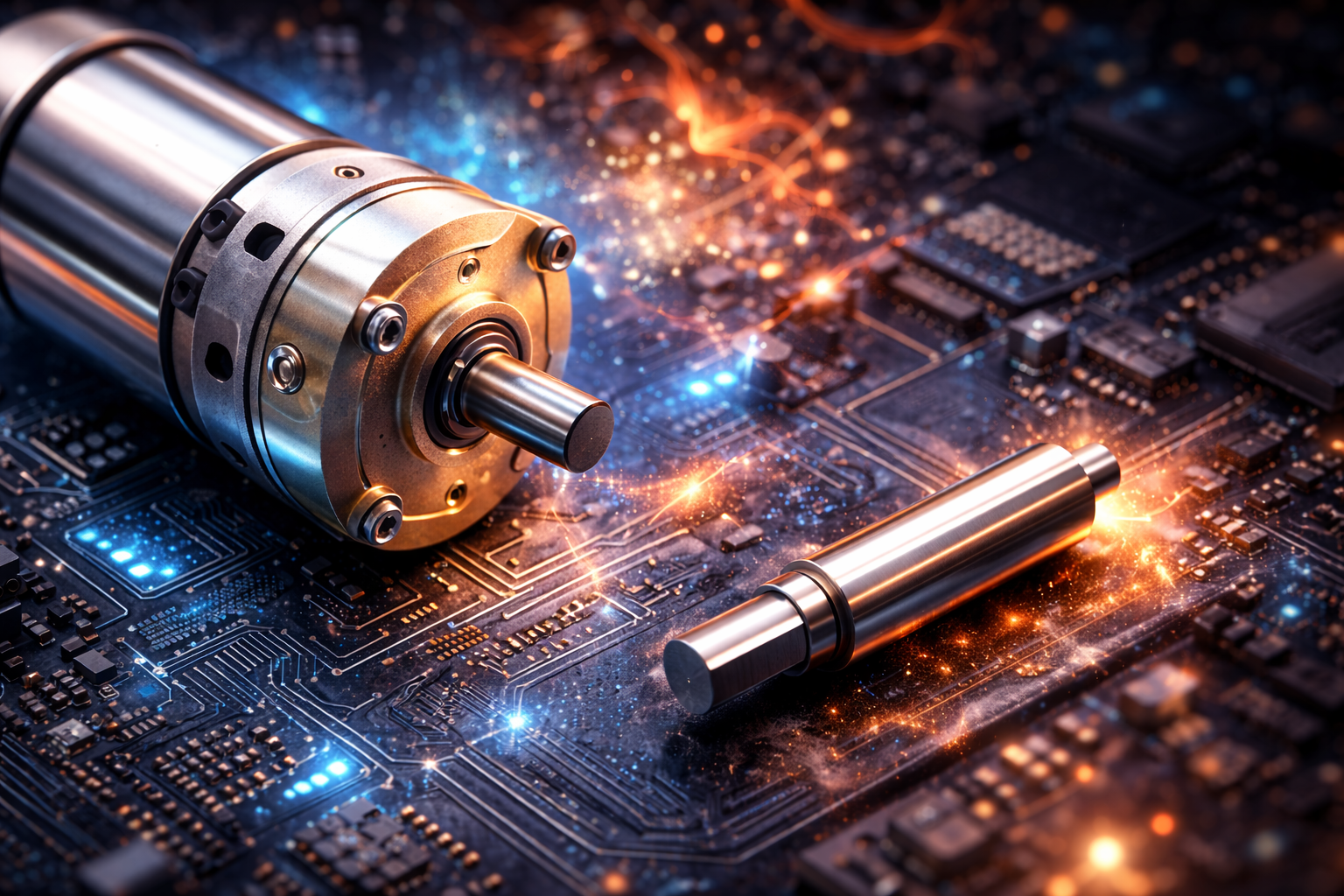
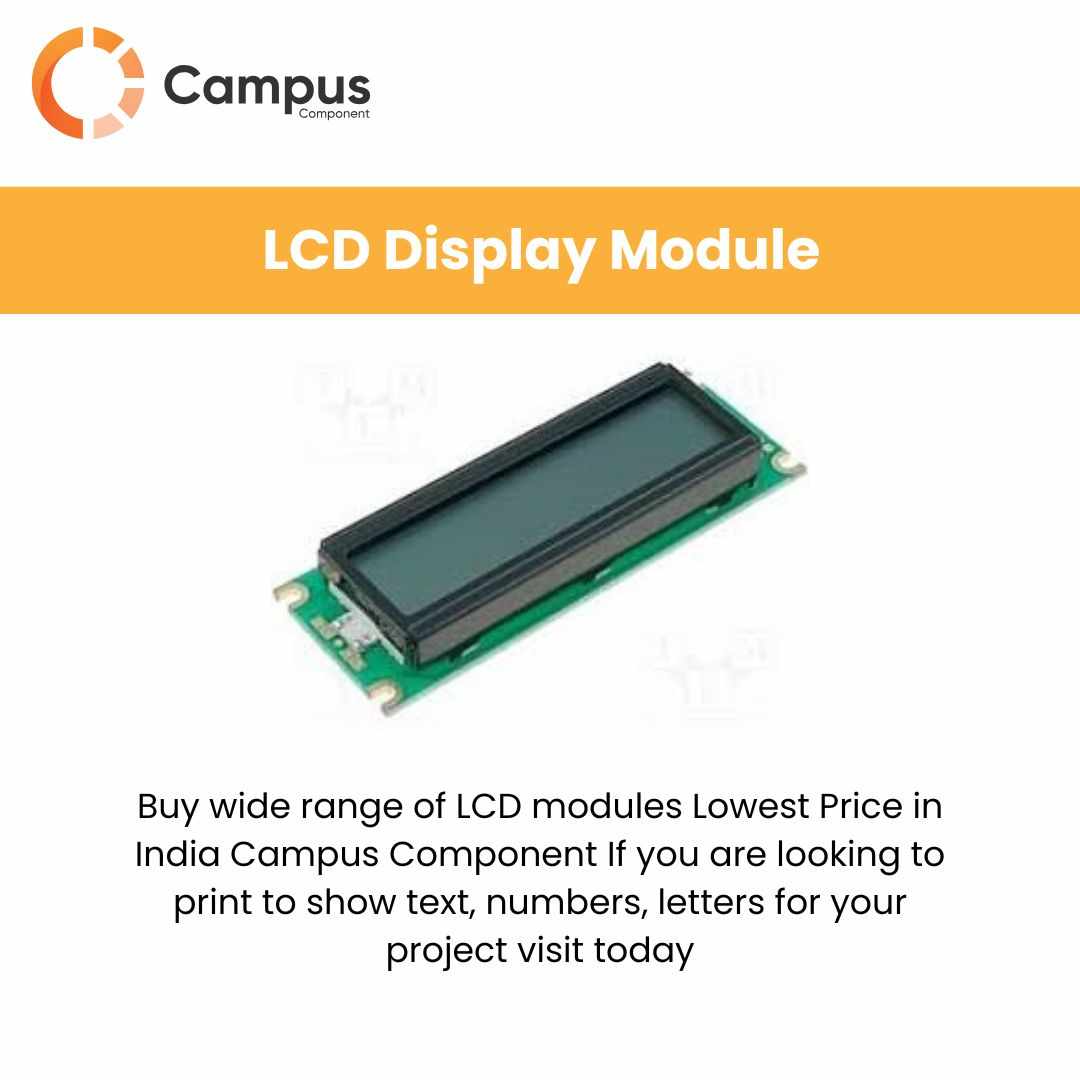
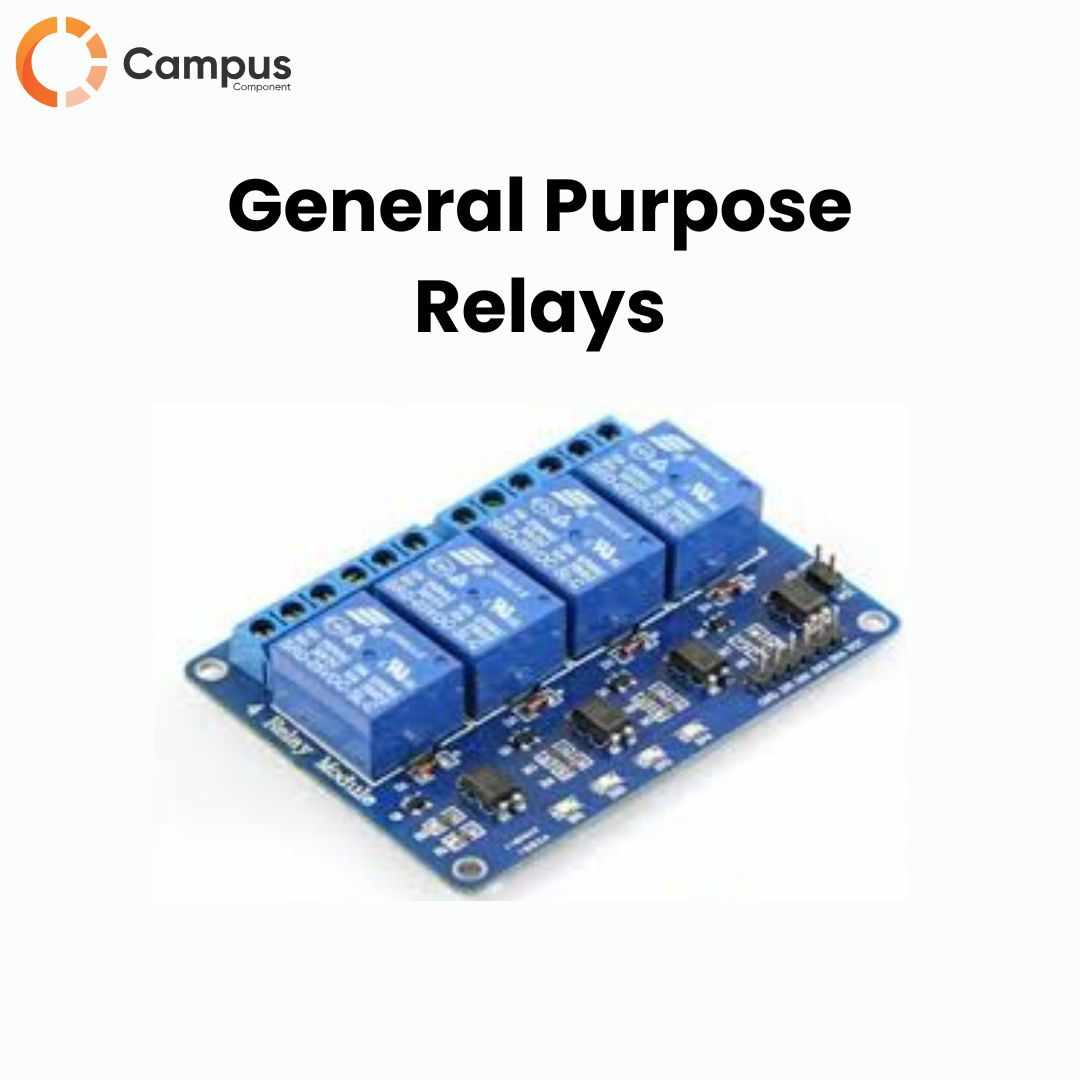
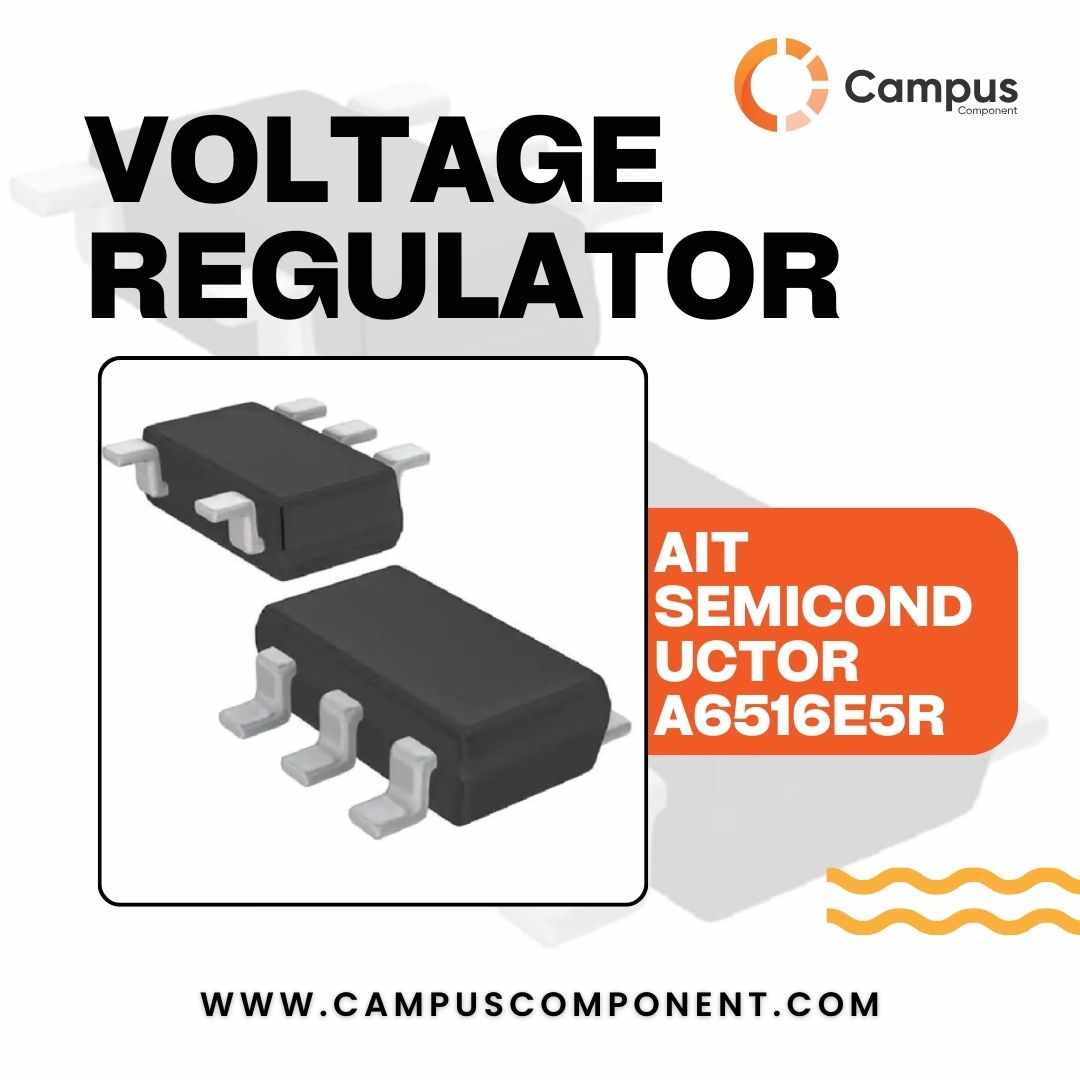
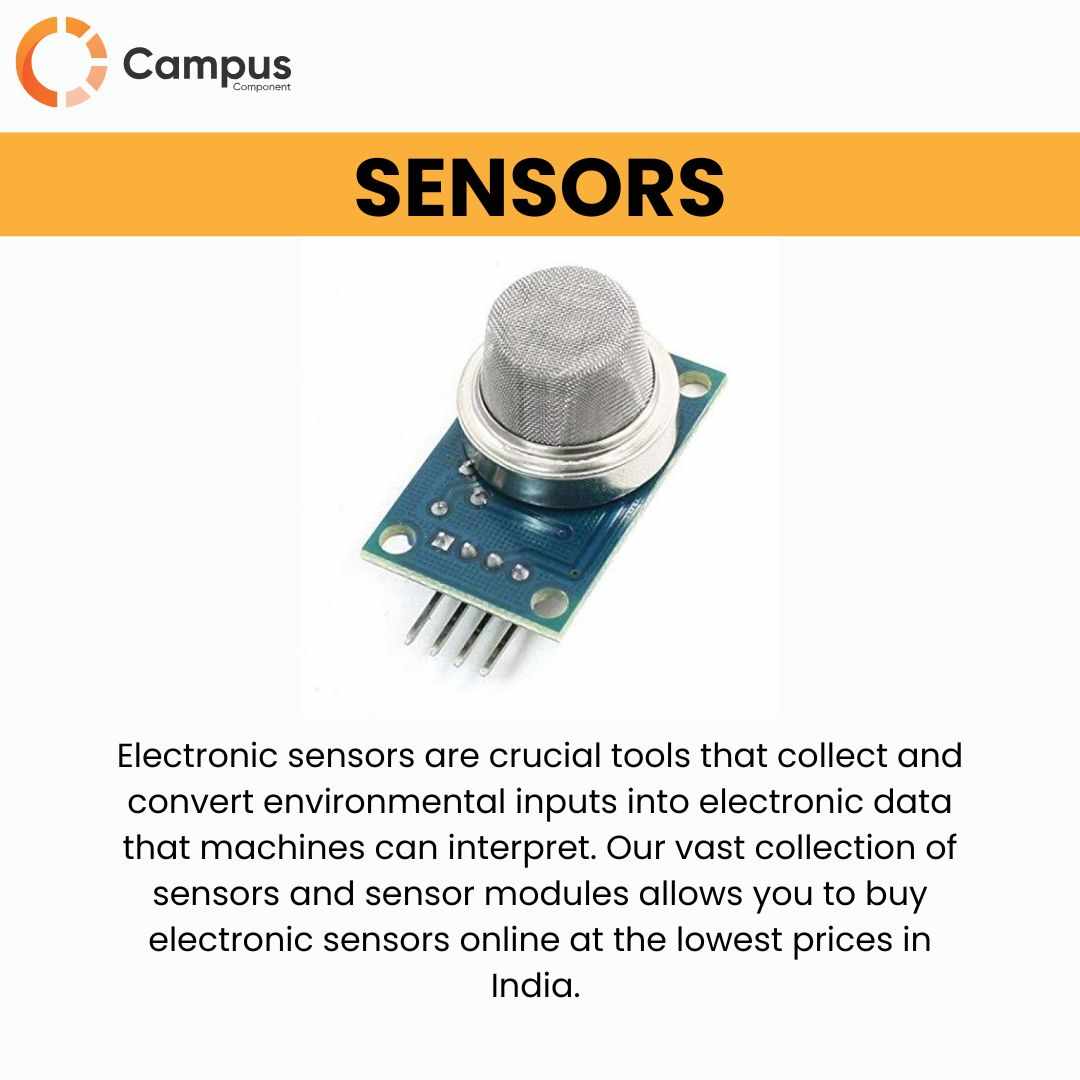
Write a comment ...